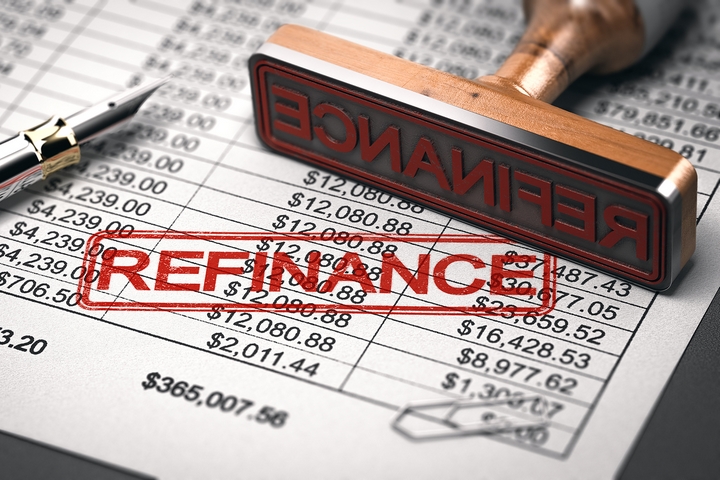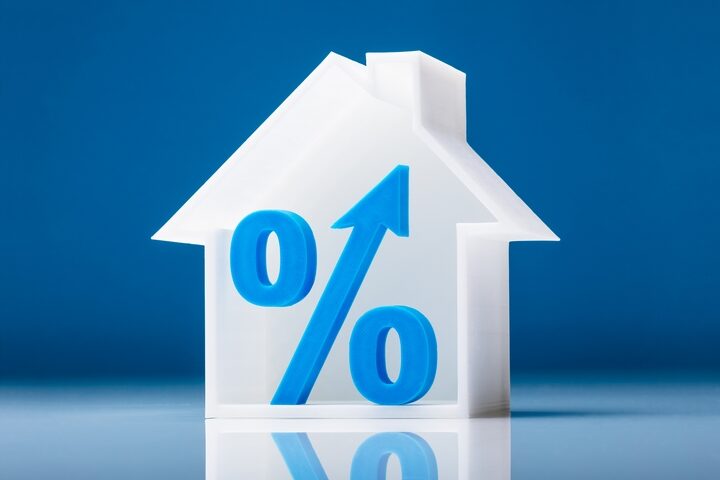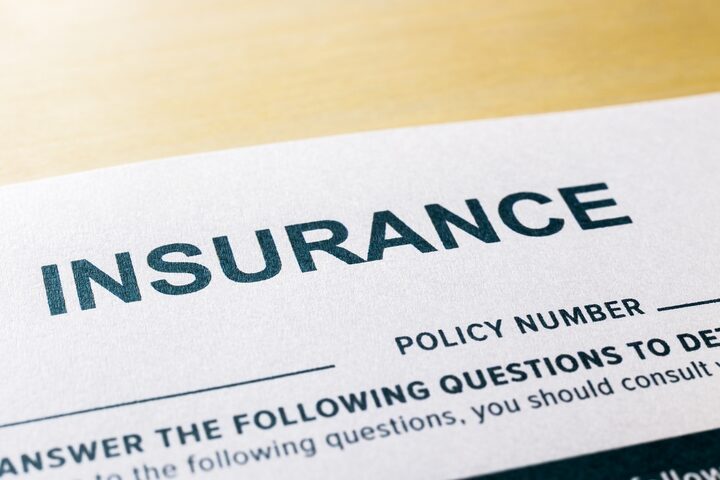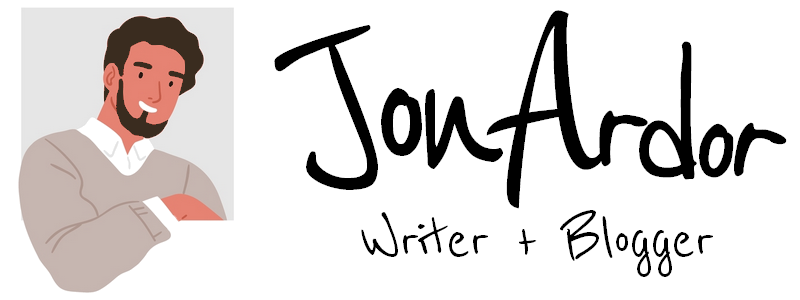10 Different Pros and Cons of Refinancing a Mortgage

Picture this, it’s only a few years after buying your dream home. You’re ready to sell your house and move to a new place, but you haven’t paid off your mortgage. This is where refinancing comes in.
The mortgage refinance process can provide you with an opportunity to save money and access lower monthly payments. With refinancing, you take a new loan on your house until you can pay off the total amount. However, like every major decision in life, there are pros and cons to consider before you opt for refinancing.
Here’s a list of pros and cons of refinancing a mortgage:
1. Lower Interest Rates

The lower interest rate is one of the most appealing pros of refinancing a mortgage. Many people consider refinancing their mortgages because they’re looking to lower their living costs. When you compare your mortgage to the interest, completely paying off your house before the timeline can seem impossible.
Refinancing provides an opportunity to lower your interest rates. There’s the fixed-rate option which protects you from unstable interest rates. If your credit score to income ratio remains consistent, your interest rate will also decrease when you refinance.
2. Lower Monthly Payments

A lower interest rate also guarantees lower monthly payments. The hack is to refinance a higher loan to a longer payment term. When you spread your new loan through a longer payment period, the monthly ratio reduces as well.
Now, you’d have spare cash to put into savings and other ventures. However, pick a realistic time frame so you don’t stay in debt for most of your life.
3. You Don’t Need To Pay Mortgage Insurance

Buying a home comes with interest, monthly payments, and a pricey insurance premium. Now that you’re trying to save more money, paying added costs makes it more challenging.
The solution to this involves waiting to accumulate over 20% equity in your home after refinancing. Doing this will override the insurance premium on your mortgage earlier than your payment term.
4. Reduced Payoff time

Although lower monthly payments can translate to a longer payoff time, this isn’t always the case with refinancing. Refinancing also offers the opportunity to clear your loan early by shortening your payment time.
If you can afford to make higher monthly payouts, then this has a significant advantage. You’ll own your home completely and have an increased stake in the value of your property.
5. Opportunity To Cash Out On Equity

Speaking of home equity, refinancing your mortgage can help you access a decent amount of cash. Ideally, if your home value exceeds your debt, you can cash out and put your money into something else, like college payment for your child or a profitable investment.
Cons
6. Difficult Application Process

Refinancing allows you to take a new loan to pay off your mortgage. This means the application process is also rigorous and time-consuming. The requirements are the same as your mortgage application process. You’d have to provide documentation, credit score information, criminal background check, income, employment status, and so on.
You’d probably have to set aside another mortgage payment during the wait, which can inconvenience your budget since you’re trying to save money as quickly as possible.
7. You Might Lose Money

There are no guarantees with refinancing your mortgage. If the real estate market crashes, the value of your house could also decrease. As a result, you might find it difficult to build equity on your property. For many homeowners, the dream is to cash out on equity before the loan runs out.
With a refinancing loan, you pay a fixed interest rate no matter the value of your home. This can mean paying more in interest than the value of your house, costing you more money.
8. Approvals Don’t Come Easy

It’s tough getting approvals for refinancing loans. If your credit score recently took a beating, this could hinder your chances of securing a loan. Your employment status and income grade also come into play. Even if you get approval, a lower credit score could affect the benefits you gain from the loan.
9. High Closing Costs

Refinancing is not cheap. In fact, you might have to pay the same closing costs as you did when you bought your property. The application, closing, and appraisal fees cost the same, making it an expensive process. Your fees could go as high as 2% of your original mortgage price mark.
Even if you get a reduced monthly payment plan, it could take years to recoup your closing fees. Conduct thorough research and do some calculations to determine if paying so much in closing costs will pay off in the long run.
10. Unending Interest Cycle

While mortgage lenders promise reduced mortgage payments with refinancing, this might pose a great disadvantage for you in the long run. When you pay less, the total interest on your mortgage also increases. The rates also reset when you refinance.
If you’ve paid the previous interest rate on your mortgage for a longer period, the total value of the interest when you refinance could add up to another down payment.
